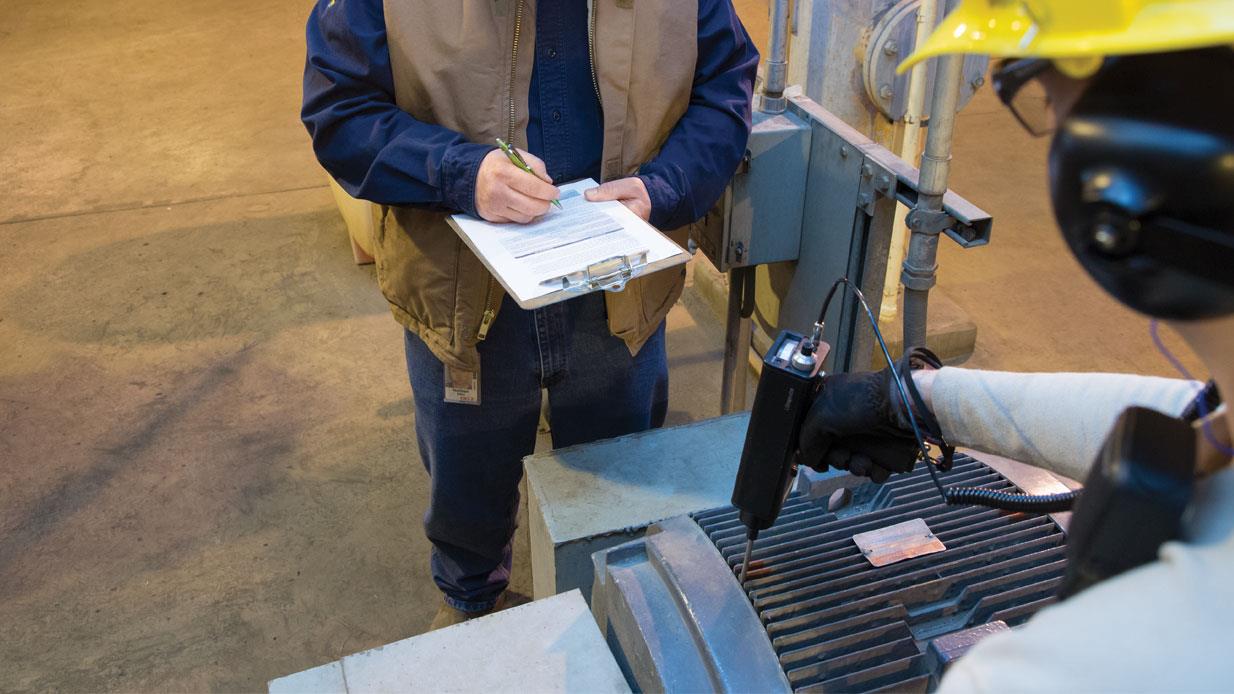Non-fungible tokens (NFTs) have gained immense popularity in recent years, especially in the art and collectibles industries. However, the potential use cases for NFTs go beyond these fields. Here are the top 10 real use cases of non-fungible tokens:
Gaming
NFTs can be used in gaming to represent unique in-game items, such as weapons, armor, and skins. These NFTs can be bought, sold, and traded between players, adding a new level of value and customization to the gaming experience. Games that are NFT enabled can help players to buy digital assets, use them to enhance their game experience, trade them, and so on.
In gaming, NFTs can be used to represent anything ranging from weapons to characters. Moreover, NFTs can be used for the monetization of your game and help you to get good money in return. If you want to monetize your game, then you should consider doing an NFT launch.
Music
Musicians can use NFTs to sell digital copies of their music that come with unique ownership rights. These ownership rights could include access to exclusive content, concert tickets, or even a share of future royalties. Thus, NFT has brought an opportunity for musicians in the market to protect their digital creations from counterfeiting. Also, it helps them to sell their unique creations at the right price.
Sports
NFTs can be used to represent unique sports collectibles, such as trading cards and memorabilia. These NFTs can be traded on the blockchain, allowing collectors to easily authenticate their purchases and ensure their items are authentic. In the sports field, NFTs can be used to represent the ownership of digital collectibles like signed jerseys, virtual game tickets, etc. In addition to this, NFTs can help in creating unforgettable digital experiences for fans.
For instance, a series of NFTs was launched by the NBA that let fans buy virtual game seats. By using these NFTs, fans can get quick access to exclusive content like exclusive footage of behind the scenes, other relevant experiences, interviews with players, etc.
Real Estate
NFTs can be used to represent ownership rights for real estate, allowing investors to easily buy, sell, and trade real estate assets. These NFTs can also provide transparency and security, reducing the risk of fraud and disputes.
Fashion
NFTs can be used to represent unique fashion items, such as limited-edition clothing lines or designer handbags. By owning these NFTs, customers can gain exclusive access to these items or even gain ownership rights. If you are a fashion designer and you have created a unique dress, then you can use NFTs to secure your ownership of your digital creation of the dress. After the NFT of the dress, you can sell it at a high value. Make sure you do NFT promotion for getting the best results.
Virtual Real Estate
NFTs can also be used to represent ownership rights for virtual real estate in online worlds and games. These virtual plots of land can be bought, sold, and traded between players, adding a new level of value to these virtual worlds. NFT real estate can be described as a plot of land which can be programmed in the virtual world. This plot of land can be explored by using 3D avatars. The owner of NFT real estate can use these plots for advertising, socializing, and work.
Digital Art
NFTs have already gained popularity in the digital art world, with unique digital art pieces selling for millions of dollars. These NFTs allow artists to authenticate their work and provide collectors with unique ownership rights.
Identity Verification
NFTs can be used as a way to verify the identity and ownership of physical assets, such as property or vehicles. By using NFTs to represent ownership rights, individuals can prove their own without the need for physical documentation.
Ticketing
NFTs can be used as a way to sell and authenticate event tickets. By creating NFTs that represent event tickets, organizers can prevent fraud and ensure that tickets are bought and sold securely. They can be used to securely store tickets, preventing counterfeiting and scalping. NFTs also ensure that buyers have a secure, transparent way of purchasing tickets, as well as having access to a range of digital experiences associated with their ticket purchase. This technology has opened up a whole new world of possibilities for event organizers and ticket buyers alike.
Carbon Credits
NFTs can be used to represent ownership rights for carbon credits, allowing individuals and organizations to easily buy, sell, and trade these credits on the blockchain. This can help to reduce carbon emissions and incentivize carbon reduction efforts.
Non-fungible tokens (NFTs) are the latest technology in the fight against climate change. By utilizing blockchain technology, they provide a secure and transparent way to track carbon credits. NFTs make it easier to create incentives for individuals and companies to reduce their carbon footprint, making them an invaluable tool in reducing greenhouse gas emissions.
Final Words
NFTs have a wide range of use cases, with potential applications in gaming, music, sports, real estate, fashion, virtual real estate, digital art, identity verification, ticketing, and carbon credits. As the technology behind NFTs continues to evolve, it is likely that new use cases will emerge, further expanding the potential of this groundbreaking technology.




